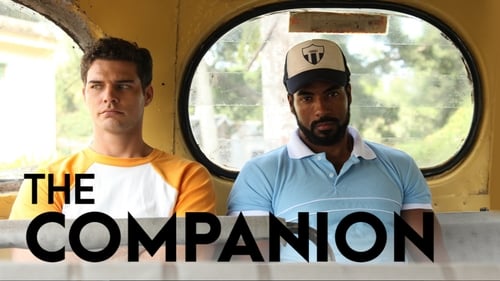
Director
Havana, spring 1971: The poet Heberto Padilla has just been set free and appears before the Cuban Writers' Union where he pronounces a statement of "heartfelt self-criticism", declares himself to be a counterrevolutionary agent and throws accusations of complicity at many of his colleagues present at the event, among them, his wife. A month previously, his arrest under the accusation of endangering the security of the Cuban state had mobilised prominent intellectuals all over the world, who wrote a letter to Fidel Castro calling for the release of the poet, whose only sin had been to dissent through his poetic work. The writer's mea culpa, the recording of which is shown for the first time to the public, marks the narrative line of a story including the testimonies of Gabriel García Márquez, Julio Cortázar, Mario Vargas Llosa, Jean-Paul Sartre, Jorge Edwards and Fidel Castro.

Writer
At the height of the 1980s AIDS epidemic, Cuban boxing champion Horacio's punishment for failing a drug test is to watch over the brash, combative Daniel, a patient in a sanatorium where HIV patients are compulsorily confined. The two collide as Daniel yearns for freedom while Horacio dreams of returning to the ring.

Director
At the height of the 1980s AIDS epidemic, Cuban boxing champion Horacio's punishment for failing a drug test is to watch over the brash, combative Daniel, a patient in a sanatorium where HIV patients are compulsorily confined. The two collide as Daniel yearns for freedom while Horacio dreams of returning to the ring.

Writer
Playing Lecuona is a musical journey through the works and living spaces of Ernesto Lecuona, the internationally acclaimed Cuban pianist and piano composer. Serving as guides through Lecuona’s music are three of the most gifted Latin jazz pianists in the world: Chucho Valdés, Michel Camilo, and Gonzalo Rubalcaba. Valdés fuses Latin jazz together with Afro-Cuban rhythms in Lecuona’s native Havana; Camilo recreates elegant aural soundscapes in New York and the Canary Islands; and Rubalcaba fuses jazz and flamenco in Seville, the heart of Andalusian Spain. Together, these three musicians provide a rich portrait of Lecuona’s music and its lasting influence.

Director
Playing Lecuona is a musical journey through the works and living spaces of Ernesto Lecuona, the internationally acclaimed Cuban pianist and piano composer. Serving as guides through Lecuona’s music are three of the most gifted Latin jazz pianists in the world: Chucho Valdés, Michel Camilo, and Gonzalo Rubalcaba. Valdés fuses Latin jazz together with Afro-Cuban rhythms in Lecuona’s native Havana; Camilo recreates elegant aural soundscapes in New York and the Canary Islands; and Rubalcaba fuses jazz and flamenco in Seville, the heart of Andalusian Spain. Together, these three musicians provide a rich portrait of Lecuona’s music and its lasting influence.

Zombie Fumigador
While Havana is full of zombies hungry for human flesh, official media reported that the disturbances are caused by dissidents paid by the United States. Panic seizes all until Juan comes to the rescue: he discovers he can kill the undead destroying his brain, and decides to start a small business under the slogan "We kill your loved ones."

Writer
The history of Latin jazz in Cuba from the Orquesta Cubana de Música Moderna to Irakere.

Director
The history of Latin jazz in Cuba from the Orquesta Cubana de Música Moderna to Irakere.

Director
He was the bodyguard of the most-feared Gangster in Cuba in the first half of the 20th century. Now he is an elderly man who looks on passively at the triumph of the Cuban Revolution. His old boss, who was forced to flee, calls on him to undertake another mission: safeguard the gold hidden in his mansion while he is away. He and two other men, who are there to assist him, develop a plan to take possession of the gold. For the plan to work out all they have to do is enter the mansion, neutralize the house servant and take the gold to a more secure place.

Director
The "edad de la peseta" or silly age is the term used in Cuba for the pre-adolescent period from the age of seven to the age of eleven. Set in 1958 in Havana, the year that culminates the Revolution, ten-year-old Samuel has just arrived in town with his recently divorced mother. They take up residence in the house of his eccentric grandmother Violeta, and Samuel is introduced to a new, mysterious world where Samuel finds himself an adult in comparison to his child-like mother.







